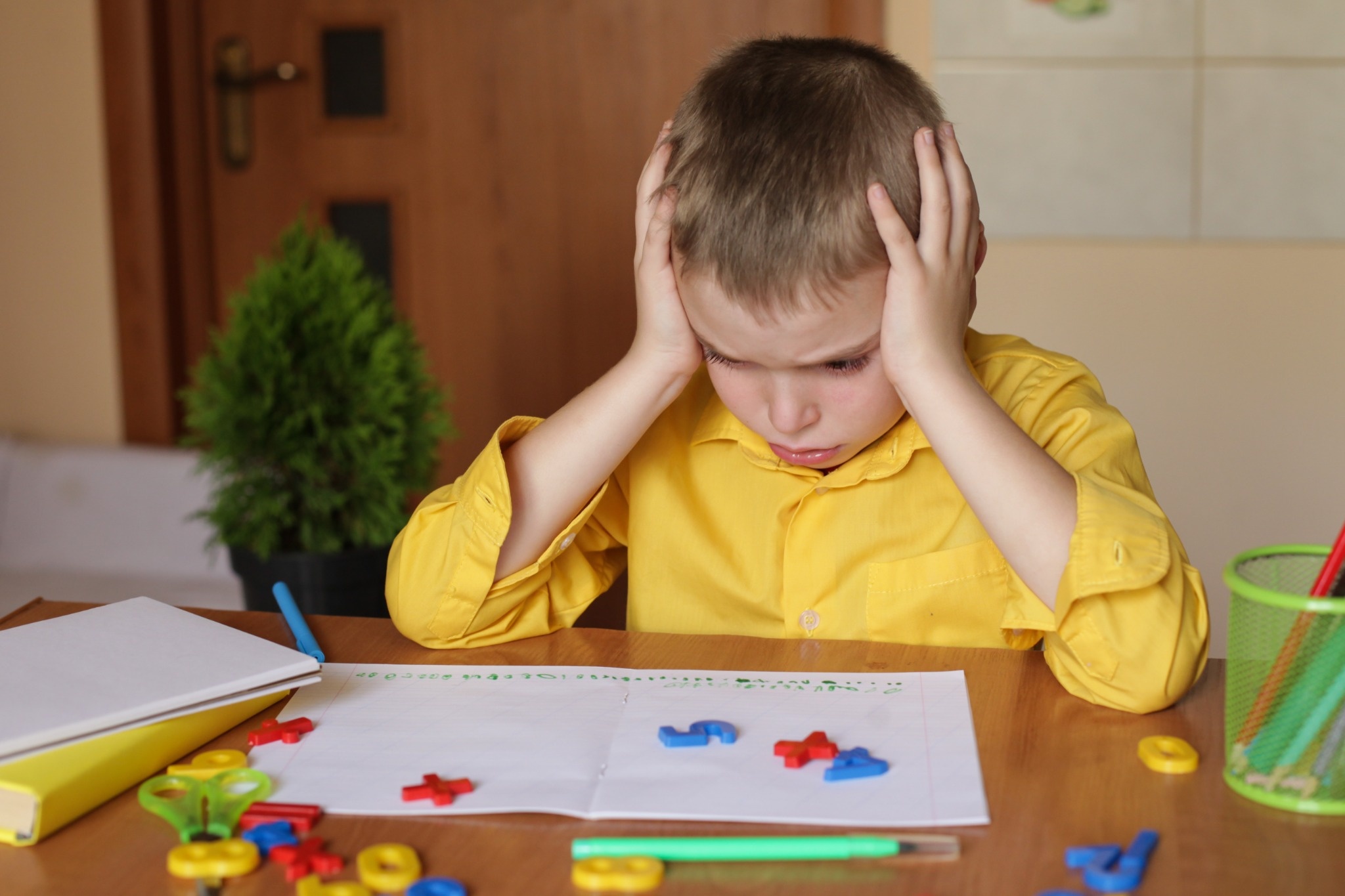You’ve watched your child grow, marveling at every new word, every giggle, every tiny interaction. But sometimes, a little voice in the back of your mind wonders—should they be saying more by now? Should they be playing differently with other kids? It’s completely natural to have these questions, and that’s where a language and social development assessment guide can offer clarity and reassurance. Rather than a cause for worry, early assessment is a way to understand your child’s unique developmental path and provide the right support if needed.
In the early years, toddlers build the foundation for lifelong communication and relationships. Some children start speaking in full sentences early, while others take their time forming words. Similarly, social skills like making eye contact, sharing, or responding to emotions develop differently for each child. Regular check-ins on social development milestones and speech progress can make all the difference. By recognizing potential challenges early, you can explore resources such as language delay evaluation and early childhood language testing, making sure that your child gets the best possible support during this crucial stage of development.

Understanding Social Development Milestones in Toddlers
Every smile, every shared toy, every little hug—these moments are signs that your child is learning to connect with the world. Social development milestones help us understand how toddlers build relationships, express emotions, and engage with others. These skills form the foundation for communication, cooperation, and emotional well-being. But just like language, social growth doesn’t follow a strict timeline. Some toddlers eagerly seek playmates, while others prefer quiet observation before joining in. Both are perfectly normal and tracking these milestones can help you appreciate your child’s progress in their own unique way.
By the age of one, most toddlers enjoy simple games like peek-a-boo and respond to their names. By two, they may start imitating others, showing affection, and playing alongside—though not always with—other children. By three, many toddlers begin taking turns, understanding emotions, and even comforting others. However, if your child seems withdrawn, avoids eye contact, or struggles with interaction, it may be worth exploring an early language and social development assessment. Paired with early childhood language testing or a language delay evaluation, these assessments can provide insight into whether your child simply needs more time or could benefit from extra support in developing social connections.

Signs That Your Child May Need a Language Delay Evaluation
Every child has their own timeline when it comes to talking, but as a parent, you might find yourself wondering—should my child be saying more words by now? Should their sentences be clearer? While some toddlers quickly pick up new words and phrases, others may need more time to develop their language skills. If your child is two years old and says very few words, struggles to put words together, or doesn’t respond to verbal instructions, it may be time to consider a language delay evaluation. This isn’t about rushing their development but rather understanding whether they need a little extra support to thrive.
It’s important to remember that variation in speech development is completely normal. Some children go from babbling to full sentences seemingly overnight, while others take a more gradual path. However, if your child consistently has difficulty expressing their needs, doesn’t imitate words or sounds, or seems frustrated when trying to communicate, a language and social development assessment guide can provide clarity. Paired with early childhood language testing, an evaluation can help determine if your toddler is simply a late bloomer or if additional support, like speech therapy or early intervention strategies, could be beneficial. No matter the outcome, early guidance ensures your child gets the best possible foundation for communication and connection.

How a Language and Social Development Assessment Guide Can Help
If you’re feeling uncertain about your child’s progress, a language and social development assessment guide can offer the reassurance and answers you need. These assessments are designed to provide a clear picture of how your toddler is developing in both communication and social skills. Rather than a one-size-fits-all test, professionals use a combination of observations, parent interviews, and structured activities to understand your child’s unique strengths and challenges. They look at everything from how your child responds to their name to how they express their needs, form sentences, and engage with others. The goal isn’t to diagnose too quickly or create unnecessary concern, it’s about making sure that if your child does need extra support, they get it at the right time.
During the assessment, specialists may use standardized tools like the Rossetti Infant-Toddler Language Scale, which evaluates preverbal and verbal communication, or the Bayley Scales of Infant Development, which assesses cognitive, language, and social-emotional growth. These tests, along with early childhood language testing, help professionals determine whether a child’s language abilities align with typical social development milestones for their age. If delays are identified, early intervention strategies, such as speech therapy or interactive play-based techniques, can be recommended. No matter the outcome, an assessment is not a judgment—it’s a tool to better understand your child’s needs and give them the best possible start in life.

What to Do if Your Toddler Needs Support
If your child’s assessment suggests they need extra support, it’s completely understandable to feel a mix of emotions—concern, uncertainty, even guilt. But take a deep breath. You are not alone in this journey, and there are many ways to help your child thrive. Simple, everyday activities and games like reading aloud, singing songs together, and engaging in back-and-forth conversations—yes, even if your toddler isn’t responding much yet—can make a huge difference. Play-based interactions, such as naming objects during playtime or encouraging turn-taking in games, help strengthen both language and social skills. A language and social development assessment guide isn’t just about identifying challenges—it’s about equipping you with the right strategies to support your child’s growth in a way that feels natural and fun.
In some cases, professional support may be beneficial. Early intervention programs, speech therapy, and specialized activities tailored to your child’s needs can provide valuable guidance. Language delay evaluation results might lead to speech therapy sessions focusing on pronunciation, vocabulary expansion, or communication techniques. If social skills need nurturing, structured playgroups and peer interactions can encourage engagement and confidence. In addition to engaging in interactive activities at home, many families benefit from specialized services that can help guide their child’s progress. Our resource liaison services can help connect you with the right professionals and resources so your child can develop the skills they need to communicate, connect, and flourish.

Final Thoughts: Every Child Develops at Their Own Pace
Watching your child grow and change is a beautiful, sometimes unpredictable journey. One day, they surprise you with a new word, a new gesture, or an unexpected burst of laughter. Other days, you may wonder if they’re keeping up with their peers. It’s important to remember that development isn’t a race—every child learns to communicate and connect in their own time. A language and social development assessment guide is not about placing labels or creating worry; it’s about offering insight, support, and reassurance. Whether your child is an early talker or taking a little longer to find their words, what matters most is that they are loved, encouraged, and given the right tools to flourish.
If you ever feel uncertain about your child’s progress, trust your instincts. You know them better than anyone else. Seeking help, whether through a language delay evaluation, early childhood language testing, or simply speaking with a specialist, is not a sign of doubt—it’s an act of care. And while professional assessments can be helpful, never forget to celebrate the small victories along the way. Every new sound, every shared smile, and every moment of connection is proof that your child is growing in their own wonderful way. With patience, guidance, and love, they will find their voice—both in language and in the world.





.svg)







.svg)






.svg)



.svg)



.png)




















